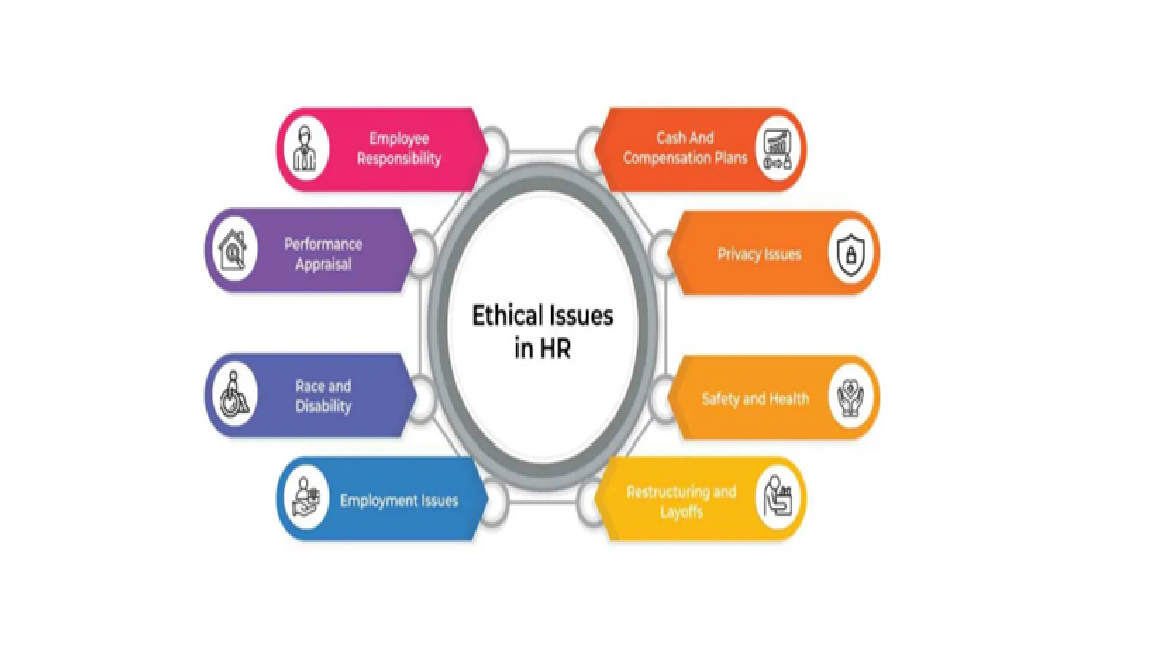Ethical Implications of AI in Human Resource Management
Main Article Content
Abstract
The integration of Artificial Intelligence (AI) technologies into Human Resource Management (HRM) practices has generated significant interest due to its potential to streamline processes, enhance decision-making, and improve organizational efficiency. However, alongside the benefits, the ethical implications of AI in HRM have come under scrutiny. This abstract explores the ethical considerations surrounding the use of AI in HRM and its impact on employees, organizations, and society at large. The abstract begins by examining the ethical principles and values relevant to HRM, such as fairness, transparency, accountability, privacy, and equality. It highlights how the use of AI algorithms for recruitment, performance evaluation, employee monitoring, and decision-making can raise concerns related to bias, discrimination, and autonomy. Furthermore, the abstract delves into specific ethical challenges posed by AI in HRM, including algorithmic bias, data privacy and security, employee surveillance, job displacement, and the erosion of human judgment and empathy in decision-making processes. It discusses real-world examples and case studies to illustrate the potential risks and consequences of unethical AI practices in HRM. Moreover, the abstract explores strategies and frameworks for addressing ethical concerns in AI-powered HRM. It emphasizes the importance of designing and implementing AI systems that prioritize fairness, accountability, and transparency, while also respecting individual rights and dignity. It discusses the role of stakeholders, including HR professionals, policymakers, regulators, and technology developers, in promoting ethical AI practices in HRM. In conclusion, the abstract underscores the need for a holistic approach to addressing the ethical implications of AI in HRM, balancing the potential benefits of AI-driven innovation with the protection of employee rights and well-being. It calls for interdisciplinary collaboration, ethical guidelines, and regulatory frameworks to ensure that AI technologies in HRM are used responsibly, ethically, and in alignment with human values and societal norms.
